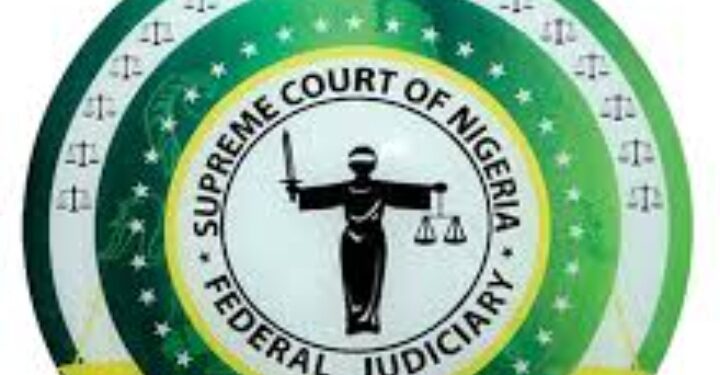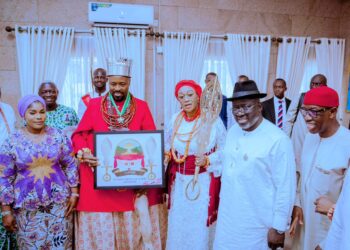3 March 2023
The Supreme Court has extended the validity of the old naira notes to December 31st 2023.
The Supreme Court faulted the naira redesign policy initiated by the Central Bank of Nigeria (CBN), declaring the naira notes swap implementation invalid and an affront to the 1999 Constitution.
It faulted it on ground that the Federal Government did not follow due consultation as in line with constitutional provisions.
Following, the apex court ordered that the old naira notes shall continue to be used side by side with the new naira notes till December 31, 2023.
The court held that the three months timeline was also not in tune with the Central Bank of Nigeria’s Act and as such unconstitutional.
Justice Emmanuel Agim, who read the lead judgment, held that the preliminary objections by the defendants (the Attorney General of the Federation, Bayelsa and Edo states) are dismissed as the court has the jurisdiction to entertain the suit.
Citing Section 23(2)1 of the constitution, the court held that the dispute between the FederaL Government and states must involve law or facts.
The apex court further held that President Muhammadu Buhari in his broadcast admitted that the policy is flawed with a lot of challenges.
The court said the policy has led to some people engaging in trade by barter in this modern age in a bid to survive.
The court added that the President’s disobedience of the February 8 order, is a sign of dictatorship.
that the President, Muhammadu Buhari usurped the powers of the CBN when he issued the directive banning the old naira notes of N1,000, N500 and N200 notes from February 10, 2023.
Delivering judgement, the court considered the defendants’ argument that the court lacked jurisdiction to decide on the case.
Justice Agim stated that the act of the president and government of Nigeria is an act of the federation.
The court held that the dispute is between the states and the government of the Federation and within the original jurisdiction of the court
It held that the government of the federation should have held adequate consultation to avoid massive disruption of government operations and trades..
The court held that the CBN does not have to be joined as a party in the suit as the CBN had no power to carry out the policy without the directive of the president and that the suit is not an action against the bank or the CBN













